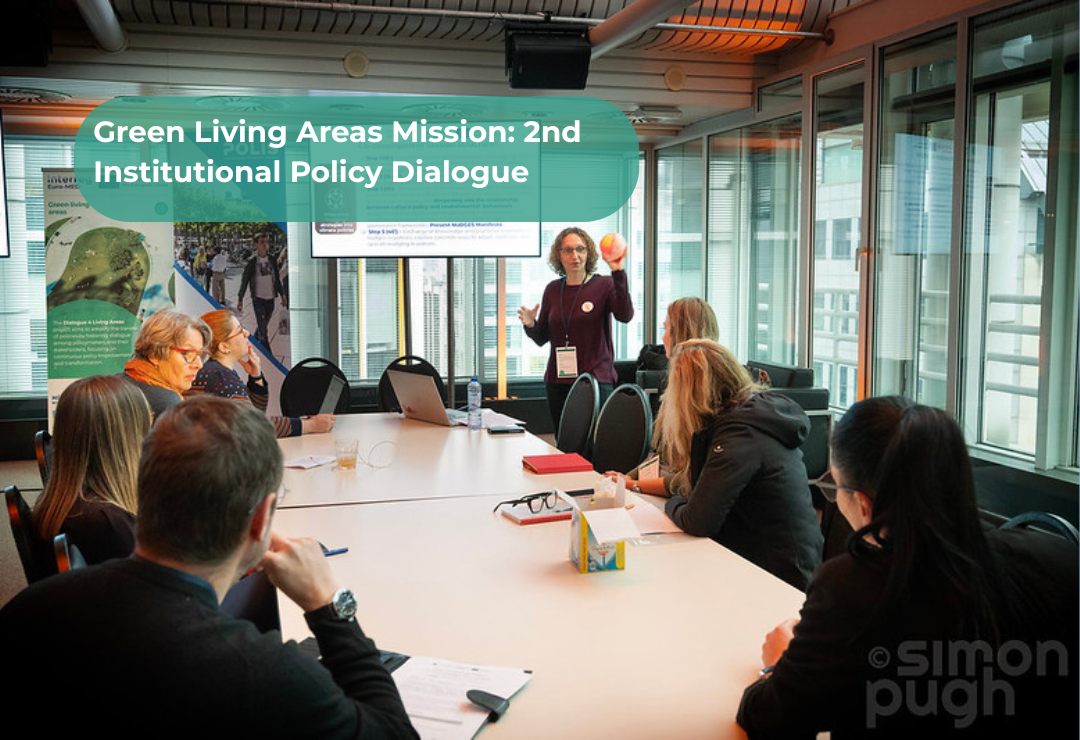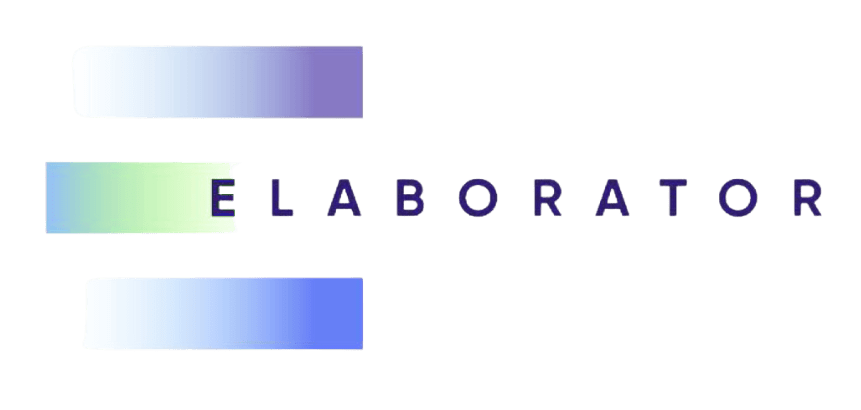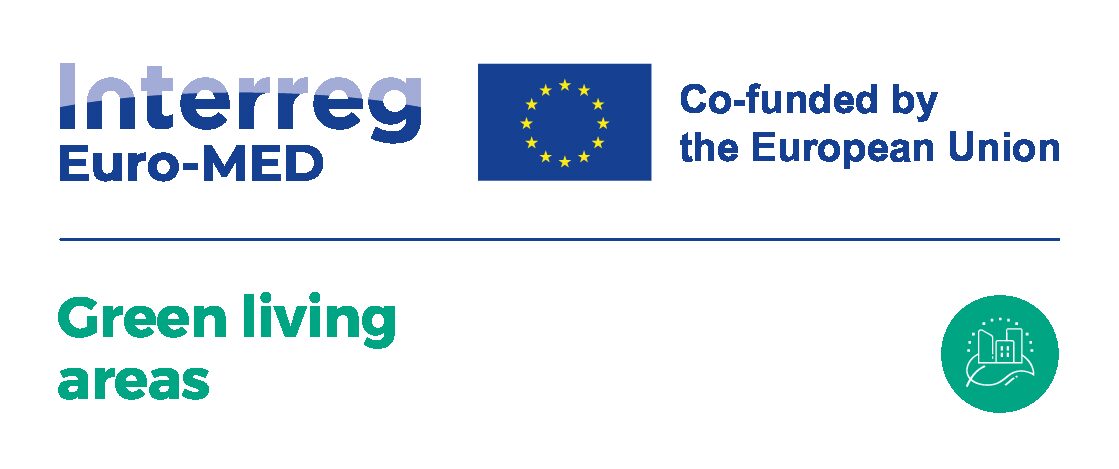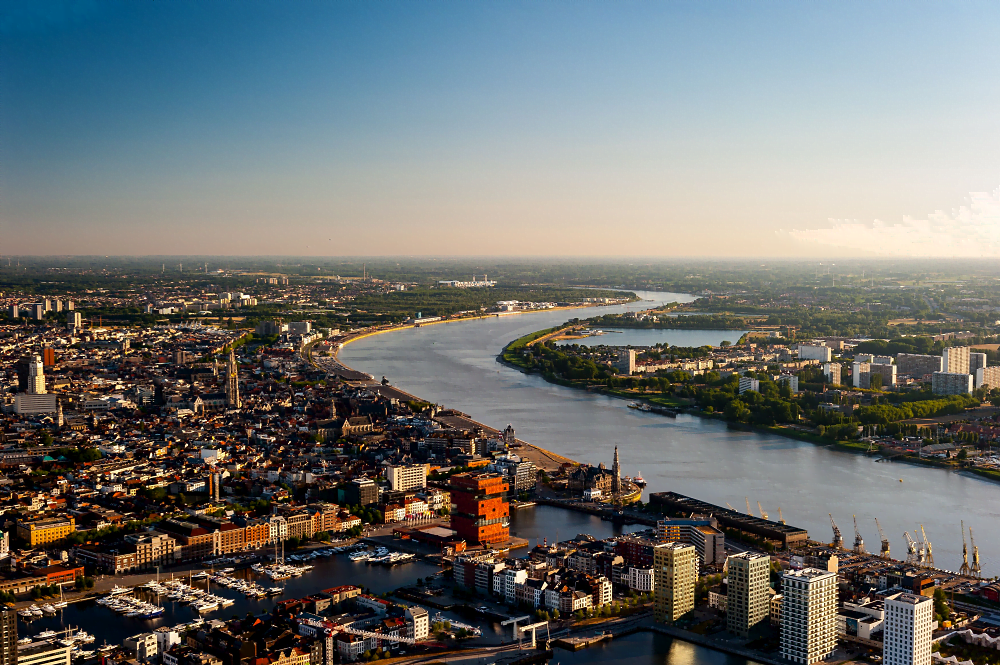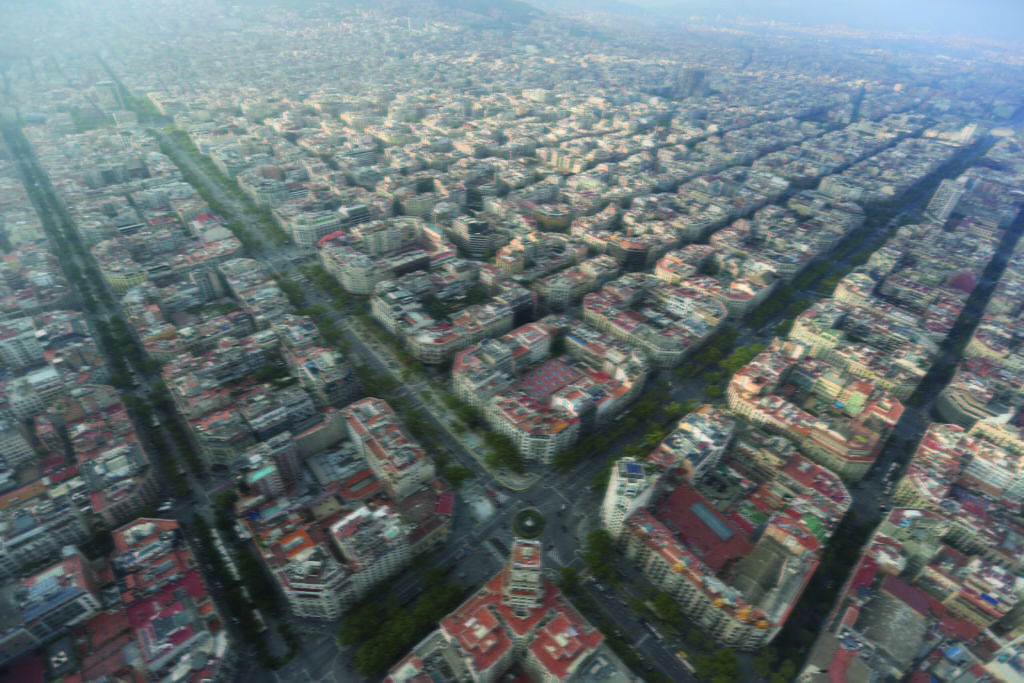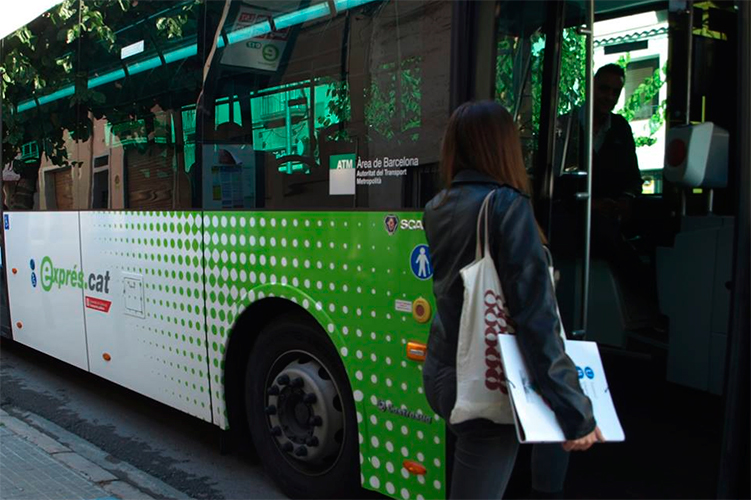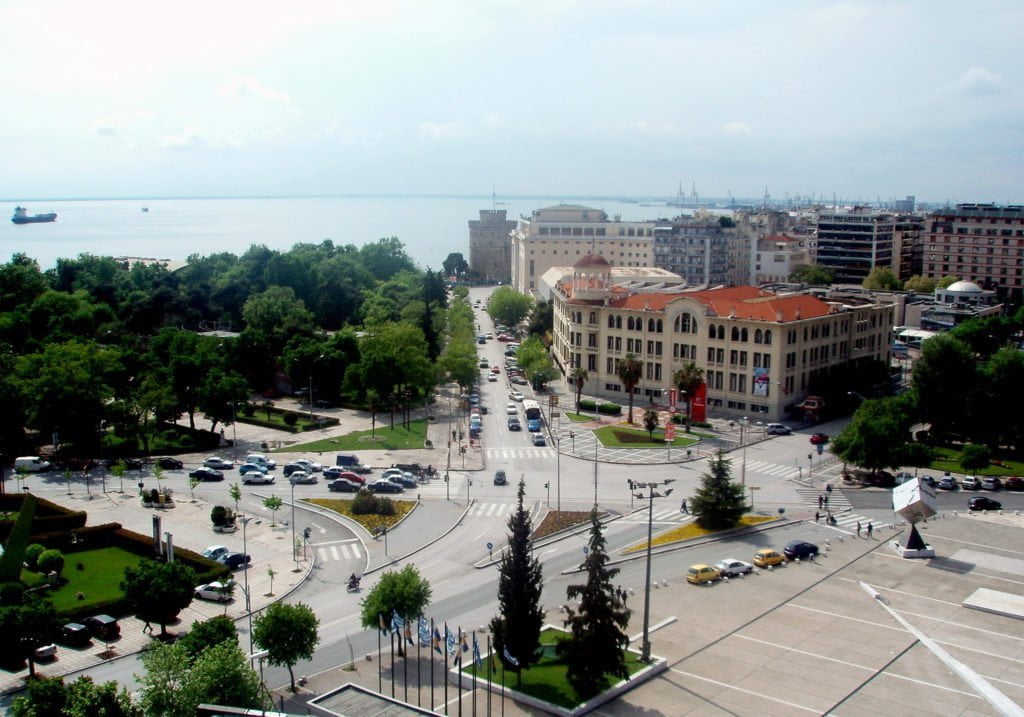Another successful meeting for the Green Living Areas Mission: Highlights from the 2nd Institutional Policy Dialogue
On 15 and 16 October 2025, the Green Living Areas Mission held its second institutional policy dialogue in Brussels, bringing together policymakers, researchers, and local authorities from all over the Mediterranean to share ideas for more sustainable, greener areas.
Day one: Policy innovations and co-development
Policy presentations

Day 1 opened with an update on progress since the first Dialogue and the role of the EUCLID Policy Hub, which supports policy mapping, exchange, and replication.
The ETU governance model was also presented, highlighting how project results can be embedded into long-term planning frameworks.
Four thematic projects showcased their policy instruments:
- GREENMO – Mobility Hubs: A MED-wide strategy for designing mobility hubs tailored to local contexts. The City of Antwerp presented its Smart Links model as a mature reference for scalable multimodal hubs.
- LOGREENER Toolkit: A decision-support system integrating planning, fiscal tools, and participation methods to help municipalities design energy-transition strategies.
- NUDGES Project: Demonstrated how behavioural “nudges” and cultural interventions can strengthen climate action by reshaping citizen perceptions and habits.
- BAUHAUS4MED – Minucciano: A collaborative regeneration process combining New European Bauhaus principles with local co-design and institutional cooperation.
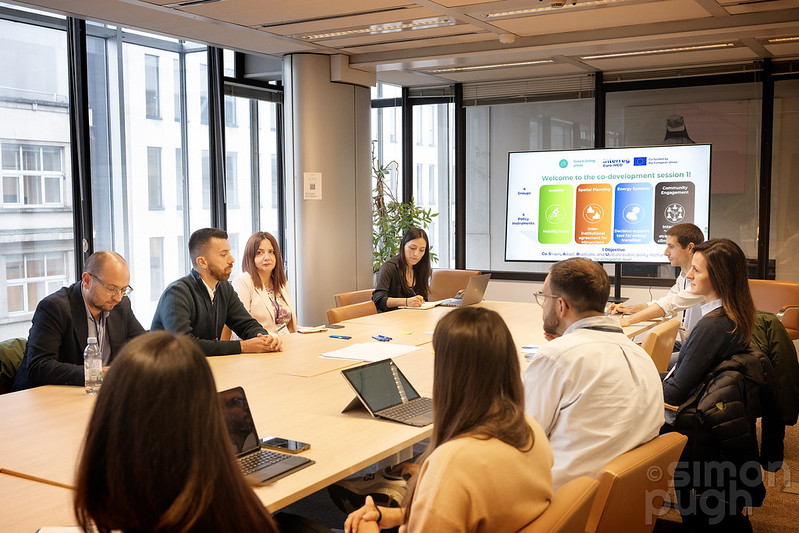
In the afternoon, co-development sessions allowed participants to explore how these instruments could be adapted to different Mediterranean contexts. Discussions stressed that design flexibility, data availability, governance clarity, and community involvement are central to replication. The day closed with broad agreement that successful policy transfer depends on tailoring solutions to local needs, maintaining open dialogue with communities, and reinforcing institutional collaboration.
Day One closed with a shared message: successful replication requires flexibility, collaboration, and attention to local conditions.
Day two: Scaling mature policies and strengthening transfer tools
The second day began with a live demonstration of the EUCLID Policy Hub, showing how its policy catalogue, map of instruments, and thematic spaces will support continuous collaboration among Mediterranean stakeholders.
Policy presentations
Three mature policy instruments were presented:
- Karlovac Green City Action Plan (GCAP): A €245 million investment plan built on evidence-based analysis and strong interdepartmental coordination.
- Thessaloniki 2030 Climate Neutrality Plan: A comprehensive roadmap linking governance, investment, and citizen participation toward climate neutrality.
- OECOOP (Catalonia): A scalable cooperative model supporting over 65 renewable energy communities, demonstrating the potential of citizen–municipality alliances.
Co-development discussions highlighted the need for stronger administrative capacity, simplified procedures, legal clarity, and ongoing community involvement to replicate such approaches elsewhere.
POLIS training session: Communicating sustainability policies in a polarised context
On day two, POLIS' Active Travel & Health Cluster Lead Andréia Lopes-Azevedo held a policy training session, placing communication at the heart of successful policy implementation. With resistance to climate and mobility policies increasing across Europe, even the best-designed policy can fail without clear, empathetic, and strategic communication.
The session also explored how polarisation, fear of change, and perceptions of “loss” can hinder the acceptance of climate, mobility, and environmental measures. Using examples from cities such as Barcelona, Paris, and Amsterdam, it was clear how policy success often depends less on technical design and more on how messages are delivered to citizens. Participants were introduced to a practical communication framework to help them anticipate reactions, present benefits clearly, and build trust throughout the policy cycle.
Additionally, another POLIS project, ELABORATOR, was shown as an example of how co-creation with citizens—including vulnerable groups—can strengthen legitimacy and reduce conflict.
 Participants were then invited to join group exercises to analyse communication challenges from their own local contexts, exchange approaches, and reflect on how to frame policies in a way that highlights opportunities rather than restrictions. Ultimately, the session reinforced an essential insight: effective communication is not a complementary activity but an integral part of every sustainable policy.
Participants were then invited to join group exercises to analyse communication challenges from their own local contexts, exchange approaches, and reflect on how to frame policies in a way that highlights opportunities rather than restrictions. Ultimately, the session reinforced an essential insight: effective communication is not a complementary activity but an integral part of every sustainable policy.
The Dialogue concluded with commitments to broaden cooperation among Mediterranean territories, deepen collaboration with EU and regional partners, and reinforce communication and citizen engagement across all areas of the Green Living Areas Mission.
